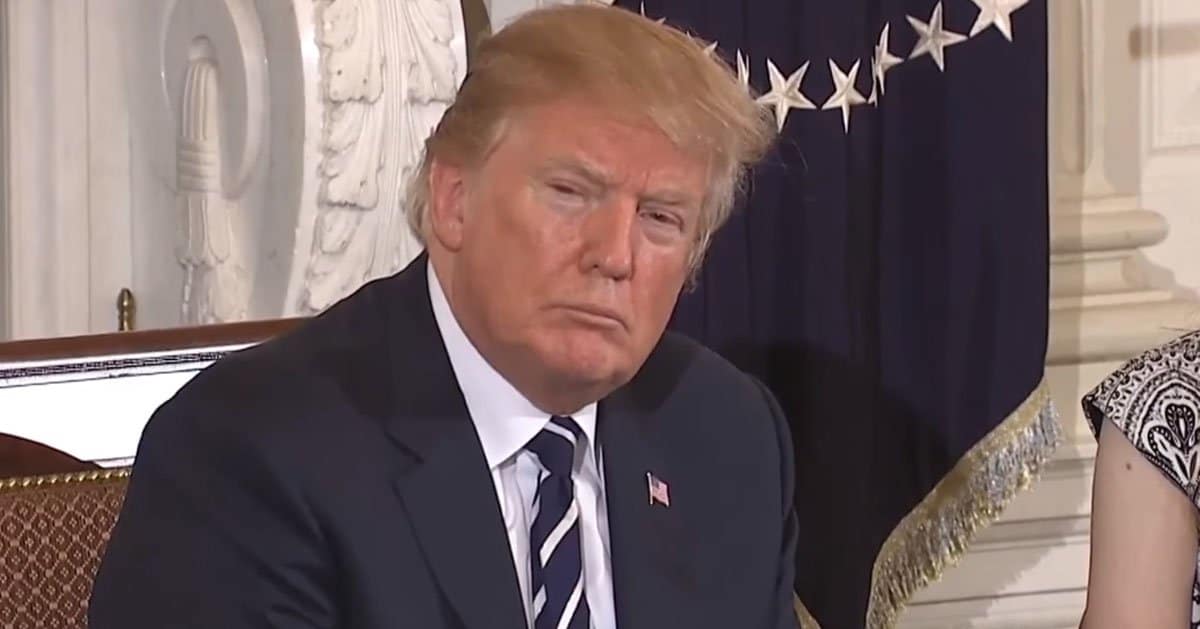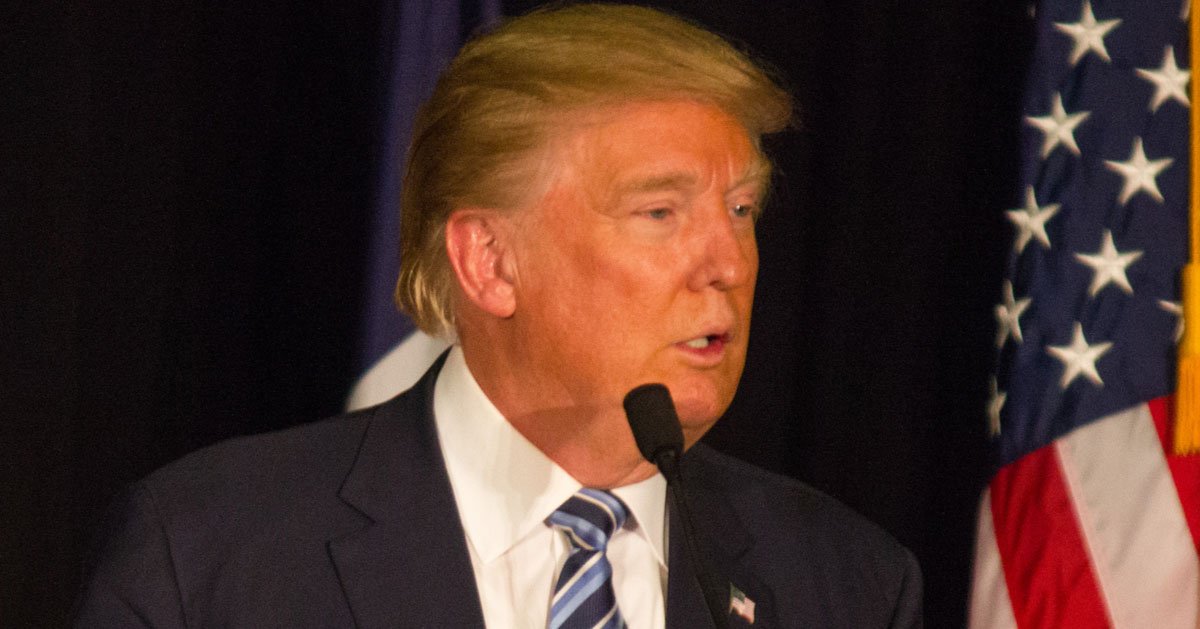








A mayoral candidate is fleeing a public square as shouts of condemnation echo behind him. On Friday, Zohran Mamdani, a Democratic socialist running for New York City mayor, found himself in just such a predicament at Foley Square in downtown Manhattan.
The Daily Caller reported that the day’s drama unfolded quickly as a protester targeted Mamdani, chasing him with accusations of being an “antisemite” while demanding he publicly denounce Hezbollah and Sharia.
Security personnel didn’t waste time, stepping in to usher Mamdani to the safety of his car as the confrontation escalated. A video capturing the tense moment surfaced on X, giving the public a front-row seat to the chaos. It’s hard not to wonder if such public outbursts are becoming the new norm in our hyper-charged political arena.
Let’s be clear: no one deserves to be hounded out of a public space, regardless of their politics. But when the protester yelled “antisemite” at Mamdani, it tapped into a deeper well of frustration many feel about progressive figures who seem to dodge tough questions on controversial issues. The incident isn’t just about a shouting match; it’s a symptom of growing public unease with certain ideological stances.
Mamdani, for his part, has been no stranger to controversy, especially when it comes to his views on international conflicts. On the anniversary of Oct. 7, 2025, he accused Israel of “genocide,” a term that predictably stirred the pot among critics and supporters alike.
While his base may cheer such boldness, others see it as a refusal to engage in nuanced dialogue—a risky move for a mayoral hopeful. “Genocide,” Mamdani called it, a word that lands like a sledgehammer in any discussion about Israel.
But where’s the balance? Painting an entire nation with so broad a brush risks alienating huge swaths of New Yorkers who value fair-minded critique over inflammatory rhetoric.
Beyond the park incident, Mamdani’s campaign itself is under a microscope, and not without reason. He’s pulled in a staggering $16 million in private donations, leaving his opponents in the dust, with $5 million still in the bank as the November 2025 election looms. That kind of cash haul demands scrutiny, especially in a city as diverse and opinionated as New York.
Thanks to the city’s public financing system, which matches local contributions up to eight times the first $250, small donations balloon into big bucks.
Take the five staffers from the Islamic Circle of North America who gave $1,300 through matching, which turned into $7,700. It’s a clever system, but it also amplifies the influence of specific groups, raising questions about whose voices are loudest in Mamdani’s corner.
Then there’s the $100,000 donation to a Mamdani-aligned political action committee from the Council on American-Islamic Relations.
Add to that over 2,000 individual contributions from college and university workers, plus more than $105,000 from New York academics—boosted to nearly $690,000 with matching funds—and you’ve got a campaign fueled by very particular ideological circles. While legal, it’s a funding profile that doesn’t exactly scream “broad appeal.”
Mamdani’s supporters, predictably, are quick to push back against any whiff of criticism, rejecting claims of extremism as overblown.
Vox even described his agenda as “not-so-radical,” painting him as a grassroots activist and defender of the working class. But let’s unpack that: when a candidate sidesteps condemning calls for violence against a sovereign state like Israel, how “not-so-radical” can they truly be?
“Not-so-radical,” Vox says, as if that settles the debate. Yet, for many New Yorkers who crave stability over ideological crusades, Mamdani’s positions might feel less like neighborhood advocacy and more like a lecture from the far-left ivory tower. It’s a disconnect worth noting in a city that prides itself on pragmatism.
Look, campaigns are messy, and so is democracy. Mamdani’s right to speak his mind isn’t in question, nor is the protester’s right to challenge him—though perhaps with less theatrics and more substance. The real issue is whether a candidate so tied to polarizing rhetoric and funding can unite a city as complex as New York.
The Foley Square incident isn’t just a blip; it’s a snapshot of a deeper cultural and political divide. When public discourse devolves into chases and shouting matches, it’s a sign we’ve lost the art of debate in favor of performance art. And that’s a loss for everyone, regardless of where they stand.
Mamdani’s funding, meanwhile, paints a picture of a campaign powered by niche interests—academics, specific advocacy groups, and matched small-dollar donations.
While there’s nothing inherently wrong with that, it does beg the question: Is this a candidacy for all New Yorkers, or just a vocal few? That’s a puzzle voters will have to solve come election day.



